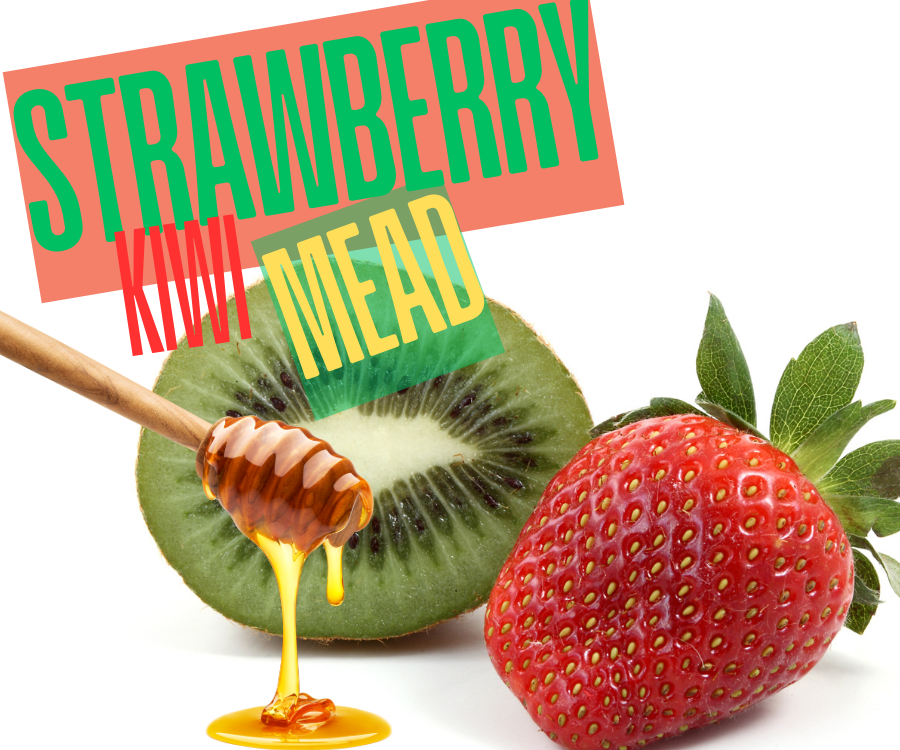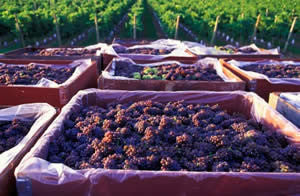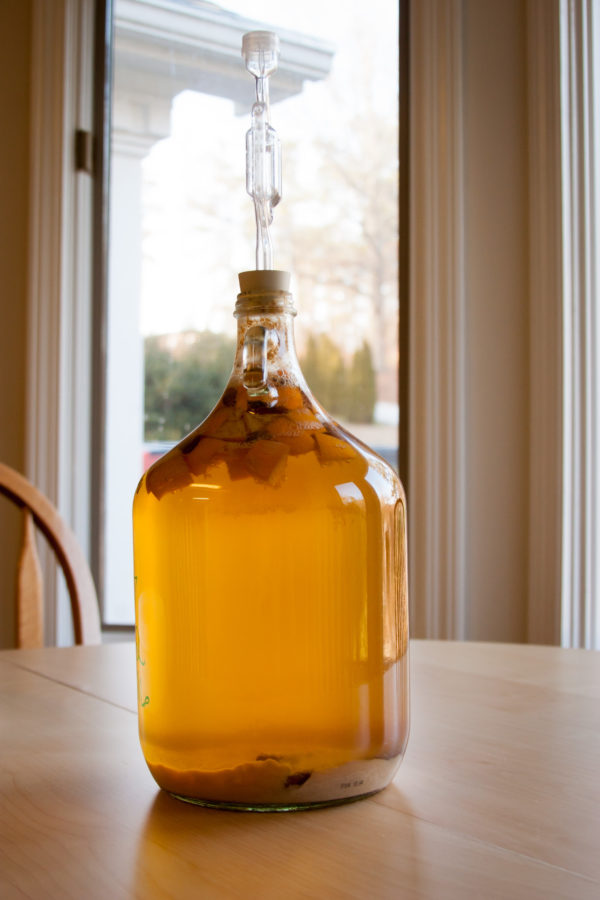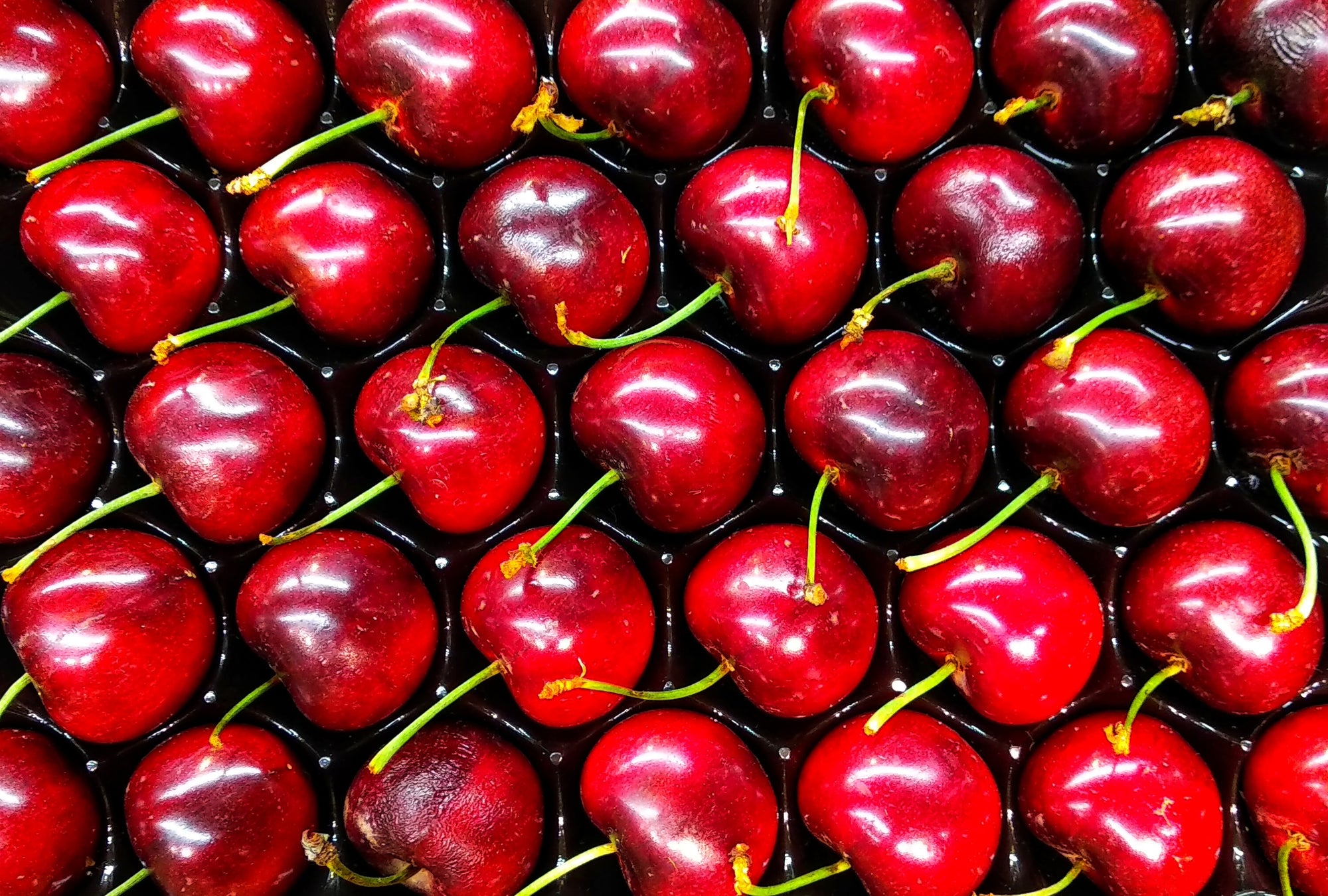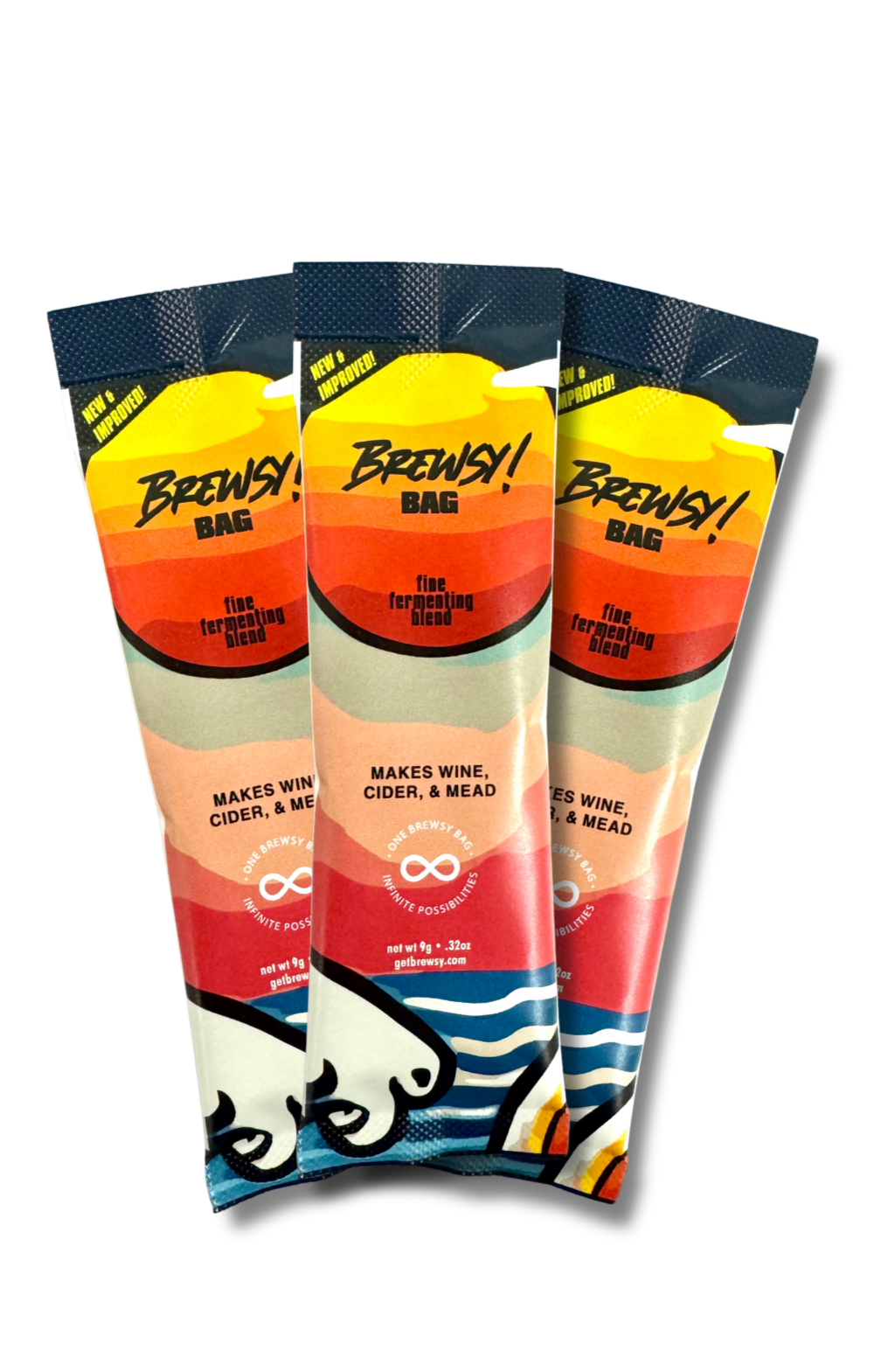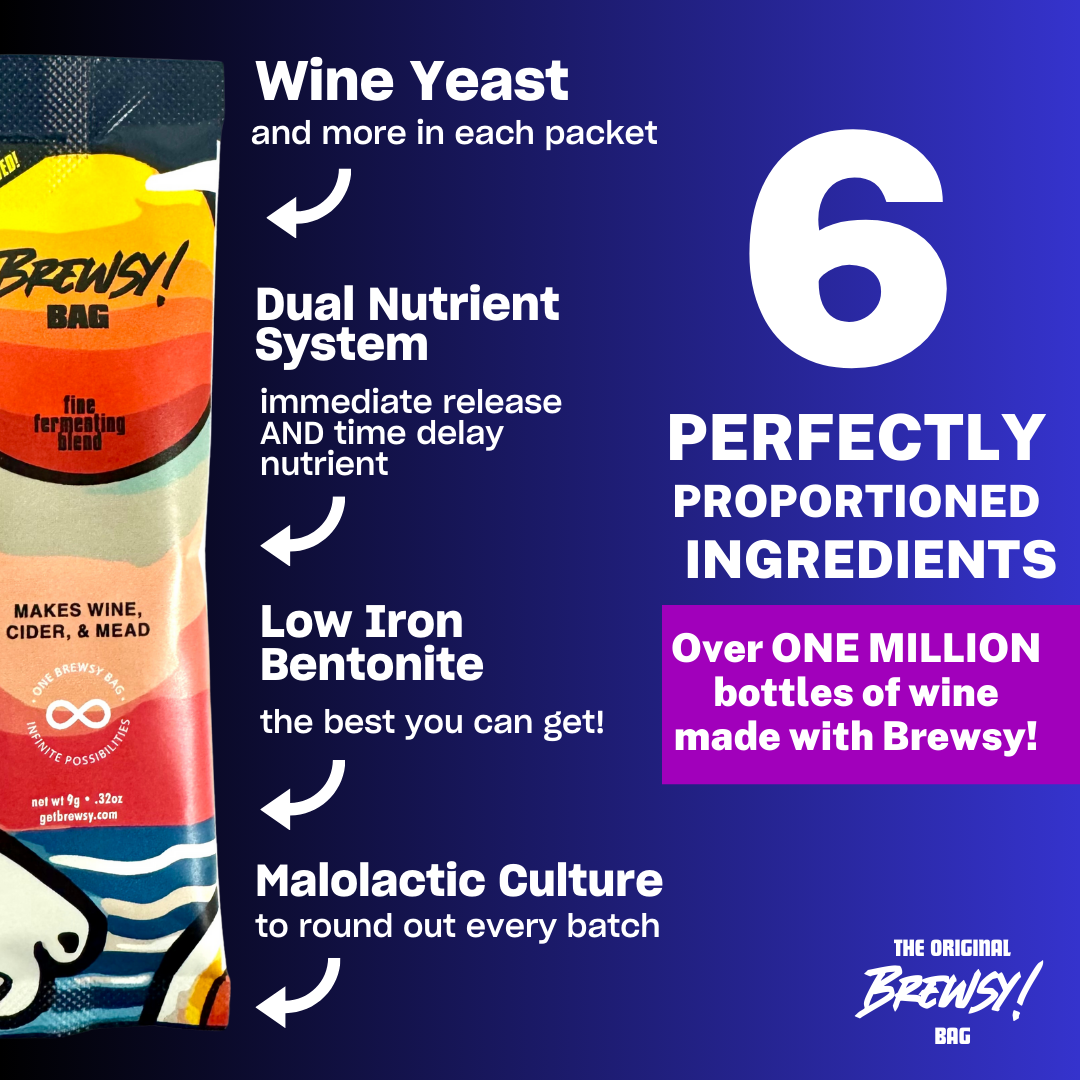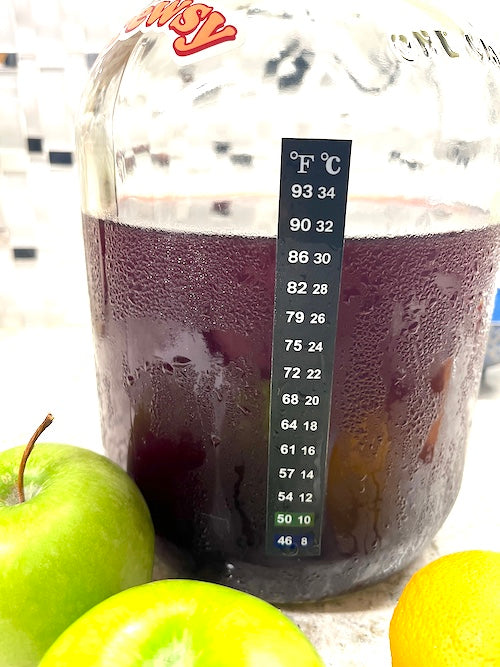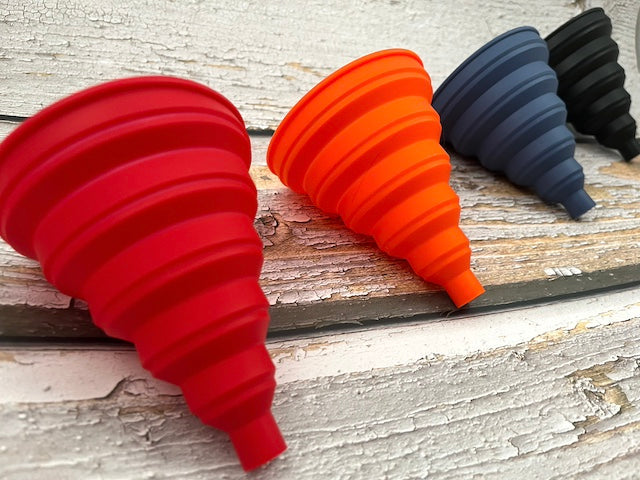
What Is an Investment Wine?
Gold, company stocks, real estate. What do these seemingly unrelated things have in common? Aside from being relatively (actually, they can be really) expensive, they are also common forms of investments. In time, due to the existence of vintage and expensive wines, it was only inevitable that investment wines would come into the financial fold.
So what are investment wines? They are just that, wines that people would buy at a price to sell at a later date at a profit. However, not just any wine will do. A mass-produced Cabernet Sauvignon from the local liquor store will not fetch much even if it was attempted to be sold years later.
Finding a wine worthy of investment is no walk in the park. For starters, while there are tens of thousands of great winemakers across the world, only less than 300 make wine that can be even remotely considered to be worthy of a financial investment, and of those less than 300 winemakers, around 90% of them are exclusively from the Bordeaux region in France. These wines tend to be those made in limited production, 1000 or fewer bottles created of a specific wine. Of course, when the wines are consumed, this creates an even smaller supply which then, naturally, also increases the price. So, while fine wines can go for $25-$50 a bottle, certain vintages can go for thousands of dollars.
Age and limited production are not the only contributors to a wine's price, but also historical background. A perfect example of this that meets those three conditions was a wine from 1787 sold in 1985 for a staggering $156,450 at an auction. The historical background? It was said to have been pulled from Thomas Jefferson's personal collection. However, the authenticity has been debated for nearly 20 years. At this point, though, the wine is most likely not in a drinkable state, but maintains its collectability regardless.
Unlike other forms of investment, investment wines are a modern occurrence, with the formal organized buying-and-selling of these wines having started in the late 70s to early 80s. In the US, it was illegal to sell alcohol, however, by the mid-1980s, in the state of Illinois, and in special cases in California, it was legal to sell wine without a retail license, and this gave investors the chance to properly buy and sell investment wines.
A major disadvantage of investment wines, though, is that one will see no profit until the wine is sold, unlike other forms of investment such as dividend-paying stocks and bonds. Another risk in investment wines is the potential of wine fraud where it may be advertised as a vintage wine but it was only made two weeks ago. As such, as with many other industries and sector, it has attracted a number of fraudsters.
Whether one gets into wine investment, they must be aware that it is similar to any investment in which it can be considered a form of gambling, thus, there are always risks associated with it.

